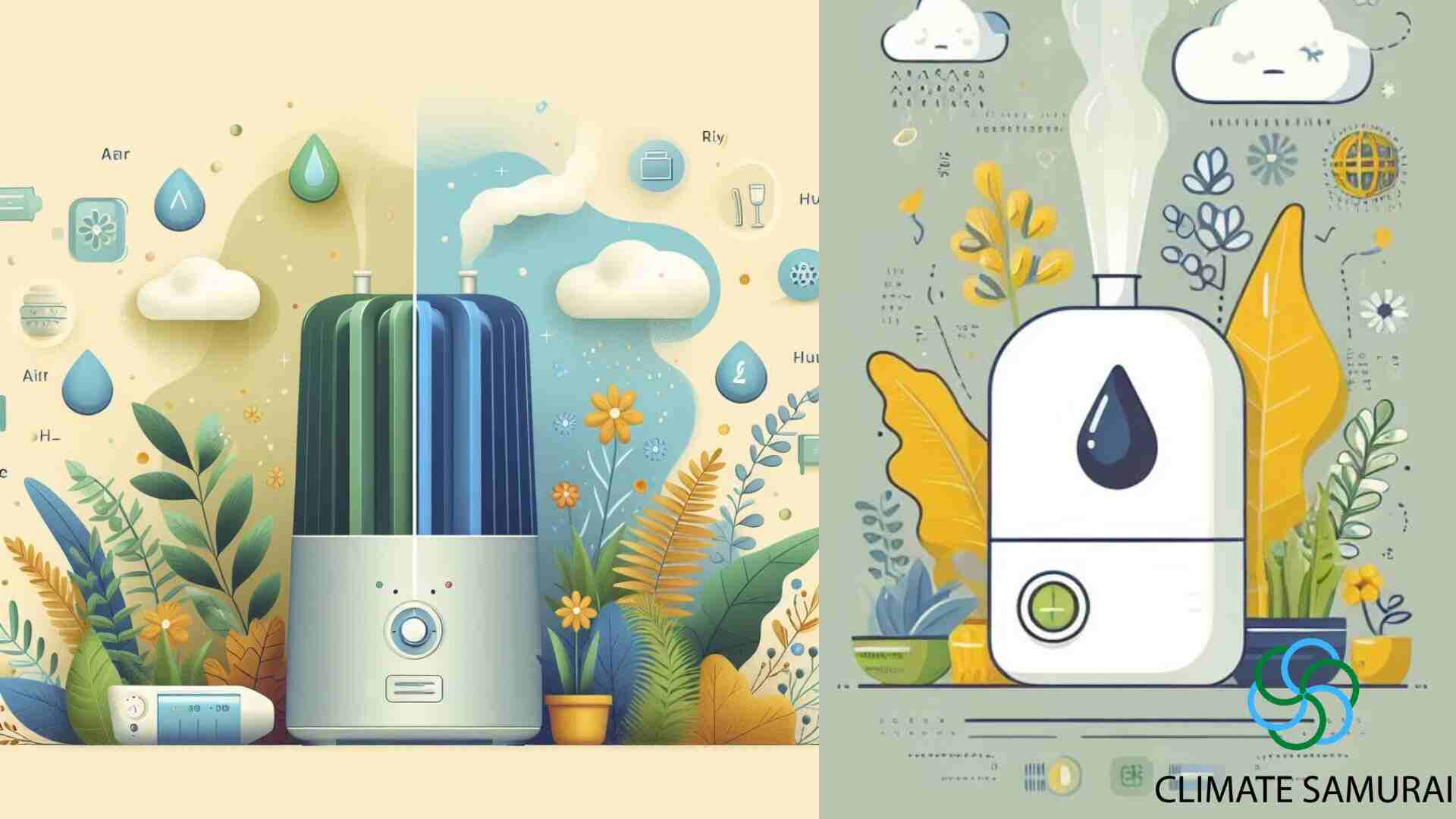Explore the Pros and Cons of Air Purifiers and Humidifiers to Make the Ideal Choice for Your Home
Air purifiers and humidifiers are both popular home appliances that can help improve your indoor air quality. But which one is right for you? Here’s a comparison of the two to help you decide:
Air Purifiers
Air purifiers remove pollutants from the air, such as dust, pollen, smoke, and pet dander. They work by passing air through a filter, which traps the pollutants. Air purifiers can be used to improve indoor air quality in homes, offices, and other buildings.
Benefits of air purifiers:
• Can help reduce allergy symptoms
• Can improve respiratory health
• Can help reduce the spread of airborne viruses and bacteria
• Can improve sleep quality
Drawbacks of air purifiers:
• Can be expensive
• Can require regular maintenance
• Some air purifiers produce ozone, which can be harmful to health
Humidifiers
Humidifiers add moisture to the air. This can be helpful for people with dry skin or respiratory problems. Humidifiers can also be used to relieve congestion and coughs.
Benefits of humidifiers:
• Can help relieve dry skin and respiratory problems
• Can help reduce the severity of allergies
• Can help improve sleep quality
Drawbacks of humidifiers:
• Can increase the risk of mold growth
• Can be difficult to clean
• Can produce condensation, which can lead to water damage
ALSO READ: Five Natural Ways to Purify Air at Home
How to choose the best air purifier or humidifier for you:
Consider your needs– What are you hoping to achieve by using an air purifier or humidifier? If you have allergies, you’ll need an air purifier that can remove pollen and other allergens from the air. If you have dry skin or respiratory problems, you may want a humidifier.
Consider your budget– Air purifiers and humidifiers can range in price from a few hundred dollars to several thousand dollars. Set a budget before you start shopping so you don’t overspend.
Read reviews- Once you’ve narrowed down your choices, read reviews of different air purifiers and humidifiers to see what other people have to say about them. This can help you make an informed decision about which product is right for you.
ALSO READ: Five must have for Easier Breathing in Polluted Environment
Here are some specific things to look for when buying an air purifier:
CADR rating: The CADR rating measures how effective an air purifier is at removing pollutants from the air. Look for an air purifier with a high CADR rating for the pollutants that are of most concern to you.
Filter type: Air purifiers use different types of filters, such as HEPA filters, activated carbon filters, and UV filters. Choose an air purifier with a filter that is appropriate for your needs.
Noise level: Air purifiers can vary in noise level. Choose an air purifier that is quiet enough to use in your home without disturbing you or your family.
Here are some specific things to look for when buying a humidifier:
Humidifier output: The humidifier output measures how much moisture the humidifier adds to the air per hour. Choose a humidifier with an output that is appropriate for the size of your home.
Humidifier type: Humidifiers come in a variety of types, such as evaporative humidifiers, ultrasonic humidifiers, and warm mist humidifiers. Choose a humidifier type that is appropriate for your needs.
Ease of use: Humidifiers can vary in ease of use. Choose a humidifier that is easy to fill and clean.
Air purifiers and humidifiers can both be beneficial for improving indoor air quality. The best way to choose the right product for you is to consider your needs and budget. Be sure to read reviews of different products before you make a purchase.


